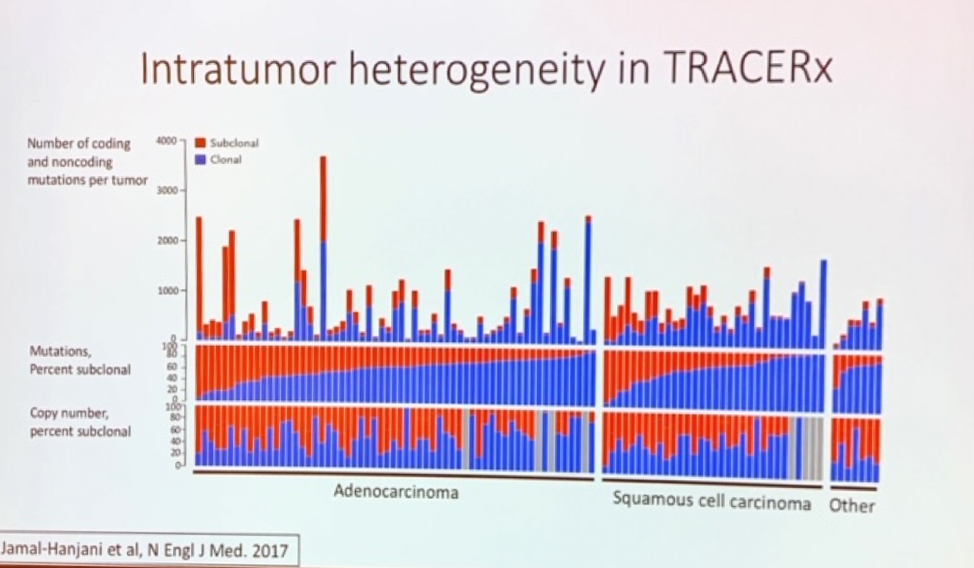IBCN 2019: Clinical Application of the Molecular Features of Non-Muscle Invasive Bladder Cancer: More Questions than Answers?
Aarhus, Denmark (UroToday.com) Margaret Knowles presented the International Bladder Cancer Network (IBCN) Keynote address regarding the clinical application of molecular features of non-muscle invasive bladder cancer (NMIBC). She reviewed her work in NMIBC and specifically mutation analysis, exome sequencing, transcriptome, and genome wide NGS to determine copy number. A major question with NMIBC is should we […]

